Premium Only Content
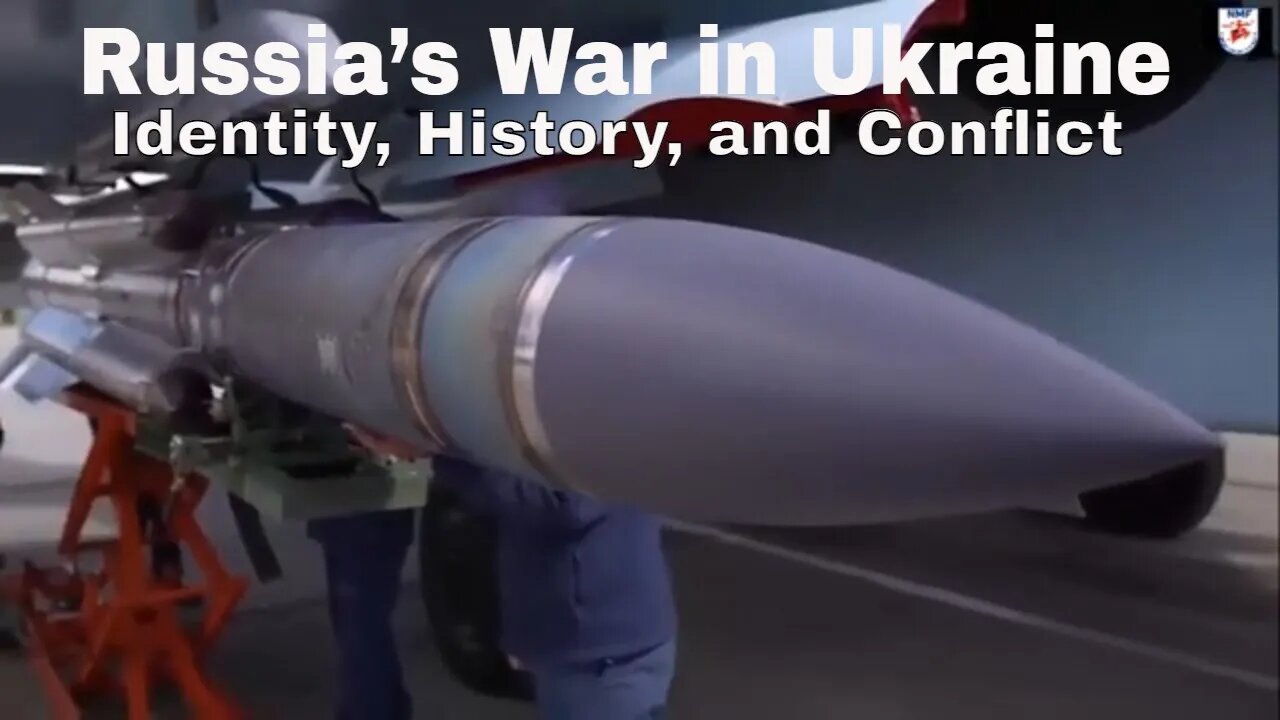
Russia’s War in Ukraine: Identity, History, and Conflict
Russia's invasion of Ukraine is the biggest threat to peace and security in Europe since the end of the Cold War. On February 21, 2022, Russian President Vladimir Putin gave a bizarre and at times disorganized speech outlining a long list of complaints as justification for the "special military operation" announced the following day. While these complaints include a long-simmering dispute over the expansion of the North Atlantic Treaty Organization (NATO) and the shape of the post-Cold War security architecture in Europe, the speech centered on a much more fundamental issue: the legitimacy of Ukraine's identity. and the state itself. It reflects Putin's long-held worldview, emphasizes the deep unity among the East Slavs—Russians, Ukrainians and Belarusians, all of whom trace their origins to the medieval commonwealth of Kyivan Rus—and suggests that the modern states of Russia, Ukraine, and Belarus must share a political destiny both today and in the future. A corollary of that view is the claim that the distinct Ukrainian and Belarusian identities are the product of foreign manipulation and that, today, the West is following in the footsteps of its imperial rival Russia in using Ukraine (and Belarus) as part of the “anti-Russian Project.”
Throughout Putin's reign, Moscow has pursued policies toward Ukraine and Belarus based on the assumption that each other's national identities are artificial—and therefore fragile. Putin's argument about foreign adversaries promoting Ukrainian (and, in a more diffuse way, Belarusian) identity as part of the geopolitical struggle against Russia echoes the way many of his predecessors refused to accept agents of ordinary people seeking autonomy from the tsar or Soviet domination. The historically-minded Putin has often come up with the ideas of thinkers who emphasized the organic unity of the Russian Empire and its peoples—especially its Slavic, Orthodox core—in the form of what historian Timothy Snyder calls “the politics of eternity,” belief in the unchanging essence of history.
The prominence given by Putin and other Russian elites to the idea of Russian-Ukrainian-Belarusian unity helps explain the origins of the current conflict, especially why Moscow is willing to risk a large-scale war on its borders when neither Ukraine nor NATO poses a problem. military threat.
Source: https://www.csis.org/analysis/russias-war-ukraine-identity-history-and-conflict
-
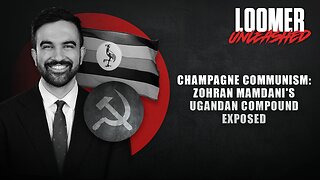 3:19:34
3:19:34
Laura Loomer
6 hours agoEP135: Champagne Communism: Zohran Mamdani's Ugandan Compound EXPOSED
36.4K8 -
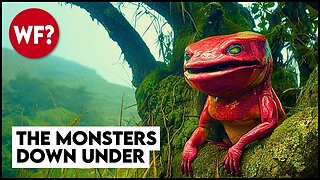 28:39
28:39
The Why Files
3 days agoCryptids Vol. 4 | Bunyips, Yowie and Australian Nightmare Fuel
50.4K38 -
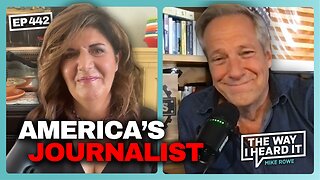 1:07:06
1:07:06
Mike Rowe
18 days agoThe Fight For America's Heartland | Salena Zito #442 | The Way I Heard It
35.4K47 -
 2:43:30
2:43:30
TimcastIRL
7 hours agoSouth Park Goes FULL CHARLIE KIRK, Latest Episode ROASTS Trump Again | Timcast IRL
218K97 -
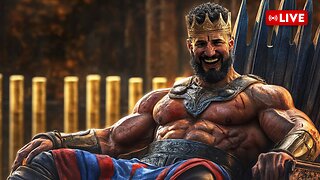 LIVE
LIVE
SpartakusLIVE
7 hours agoThe Return of the KING of Content
356 watching -
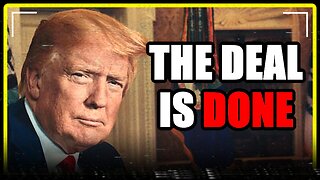 10:05
10:05
MattMorseTV
10 hours ago $8.39 earnedHe actually did it...
60.5K24 -
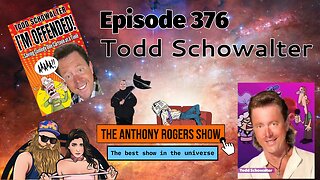 1:32:39
1:32:39
Anthony Rogers
1 day agoEpisode 376 - Todd Schowalter
32.9K -
 3:42:07
3:42:07
megimu32
6 hours agoOTS: Movie Tie-In Games + Remakes: Let’s Play Memory Lane
46.8K5 -
 1:15:06
1:15:06
Adam Does Movies
14 hours ago $1.03 earnedTalking Movies + Ask Me Anything - LIVE
32K8 -
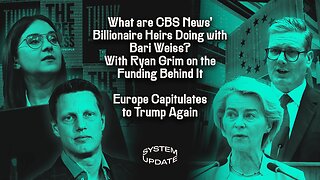 1:17:18
1:17:18
Glenn Greenwald
1 day agoWhat are CBS News' Billionaire Heirs Doing with Bari Weiss? With Ryan Grim on the Funding Behind It; Europe Capitulates to Trump Again | SYSTEM UPDATE #494
116K83